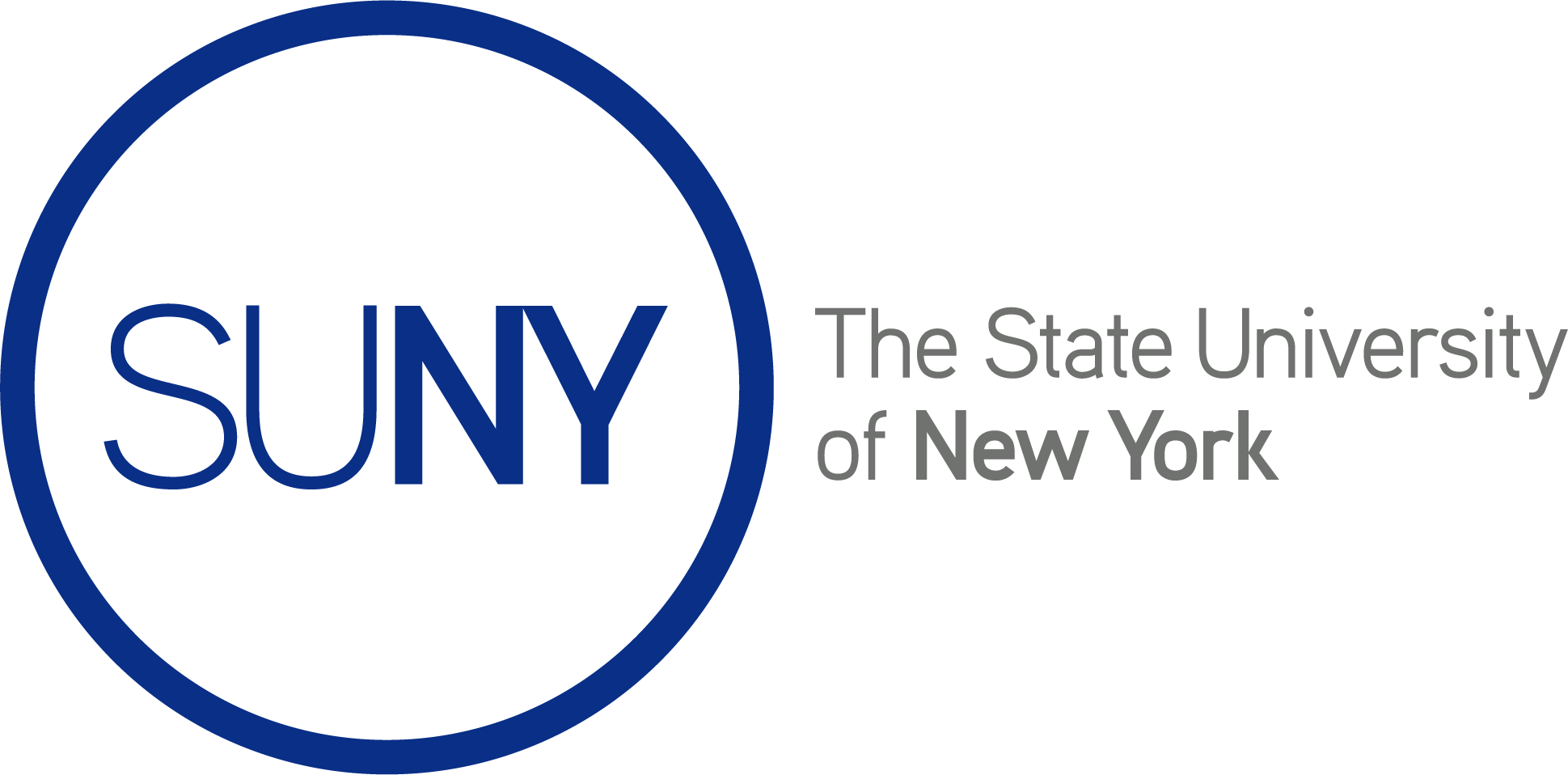ACTIVISTS

Verónica Cruz: Verónica Cruz Sánchez was the first Mexican human rights activist to be awarded the Defender of Human Rights award from Human Rights Watch. In 2006, she was awarded the honor for her work with women’s right to access legal and medical services. She brings public awareness to the situation of predominantly uneducated, indigenous, and impoverished women who are imprisoned for abortion and miscarriage in Mexico. Cruz has worked to decriminalize and de-stigmatize women’s decisions over their bodies and reproductive rights. She is the founder of Las Libres, an organization dedicated to the defense, guarantee, and respect of human rights for women in the state of Guanajuato and across Mexico.
Morena Herrera: She is a Salvadoran feminist, and social activist noted for her work against her country’s ban on abortion. During the Salvadoran Civil War, which ended in 1992, Herrera served as a left-wing freedom fighter for the Farabundo Marti National Liberation Front (FMLN) against the United States-supported government. She has been particularly active against abortion since it was abolished in 1997, and in 2009 began working with the Citizen’s Group for the Decriminalization of Abortion, which she now heads.
Mabel Bianco: Mabel Bianco is an Argentine feminist physician. She is the Coordinator of the International Campaign ‘Women Won’t Wait. Let’s End Violence and HIV. YA! In 1989 she founded the Fundación para Estudio e Investigación de la Mujer (FEIM), an NGO that conducts research, advocacy, training, and promotes equality and women’s rights in Argentina, Latin America and the Caribbean, and the world. In 2018 Mabel Bianco participated in the second day of debate for the legalization of Abortion in Argentina in the 2nd plenary of commissions of the Congress of the Nation, expressing her position in favor of abortion.
Catalina Martinez: She is part of the Center of the Inter-American Commission on Human Rights and is responsible for overseeing the Center’s regional program for Latin America and the Caribbean. In her role as regional director, she has been involved in securing and contributing to the recognition of reproductive rights in the region. In addition, she has been actively involved in litigation and advocacy work to secure the freedom of women unjustly imprisoned for abortion-related matters in El Salvador.
RELATED ORGANIZATIONS
Nos Faltan las 17: This group of individuals and social organizations promote social justice and people’s access to their rights in El Salvador. They call on President Bukele to correct the injustices and free #The17 women imprisoned for losing their pregnancy due to obstetric emergencies in El Salvador.
Marea Verde: Hundreds of thousands of women and girls joined forces to urge lawmakers in Argentina to decriminalize abortion and guarantee safe access to medical abortion services. These women were part of a large campaign. They came from different movements and organizations, such as Amnesty International Argentina, united in their struggle for change. These women are part of a movement known as “the green tide” – a color that is synonymous with the campaign for safe and legal abortion in Argentina.
Faldas-R: This is an organization of young women, non-binary people, and sexual dissidents dedicated to generating processes of advocacy, advocacy, and research located in Venezuela. They address processes related to the sexual and reproductive rights of women, children and adolescents, and pregnant women, emphasizing access to safe abortion, comprehensive and inclusive education, and modern contraceptive methods.
Las Libres: One of the focuses of this organization is abortion. They help women by creating documents that inform women about contraceptive methods, safe abortions, the costs of abortion in cities of Mexico, reproductive health, etc.
EQUIS Justicia para las Mujeres: This is a feminist organization that, since 2011, seeks to transform institutions, laws, and public policies to improve access to justice for all women. One of their main work areas is the Criminalization of women and punitive policies. They work for access to justice for all women, including women who have been historically invisible, such as women in conflict with the law or criminalized, who have been victims of failed security policies and different forms of violence, including institutional violence.
Find more information in links attached***


